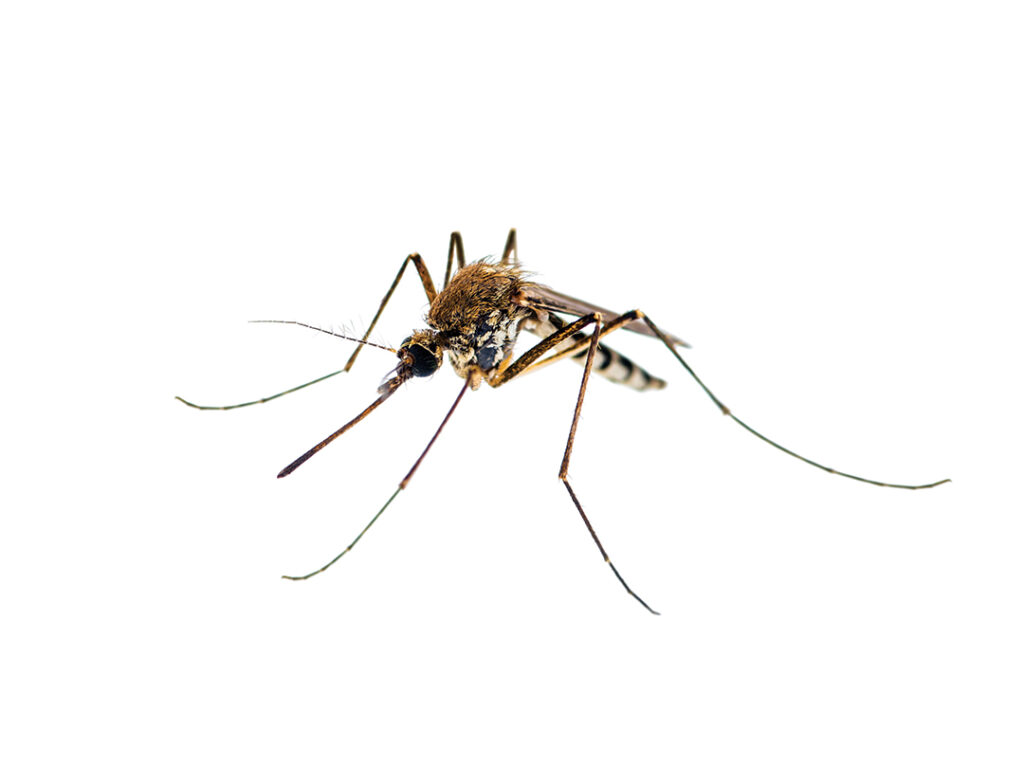BBC NEWS AT BBC.CO.UK/NEWS
Scientists have discovered a microbe that protects mosquitoes from being infected with malaria. Team members in Kenya and the United Kingdom said the finding has “enormous potential” to control the disease.
Malaria is spread by the bite of infected mosquitoes, so protecting them could also protect people. The researchers are investigating whether they can release infected mosquitoes into the wild or use spores to suppress the disease.
The malaria-blocking bug, Microsporidia MB, was discovered by studying mosquitoes on the shores of Lake Victoria in Kenya. It lives in the gut and genitals of the insects. The researchers could not find a single mosquito carrying Microsporidia that was harboring the malaria parasite.
“The data we have so far suggest it is 100% blockage — it’s a very severe blockage of malaria,” Dr. Jeremy Herren, from the International Centre of Insect Physiology and Ecology in Kenya, told the BBC.
More than 400,000 people are killed by malaria each year, most of them children under age 5. Although huge progress has been made through the use of bed nets and spraying homes with insecticide, this has stalled in recent years. It is widely agreed that new tools are needed to tackle malaria.
Microsporidia MB could be priming the mosquito’s immune system so it is more able to fight off infections. Or the presence of the microbe in the insect could be having a profound effect on the mosquito’s metabolism, making it inhospitable for the malaria parasite.
At the very least, 40% of mosquitoes in a region need to be infected with Microsporidia to make a significant dent
in malaria.

